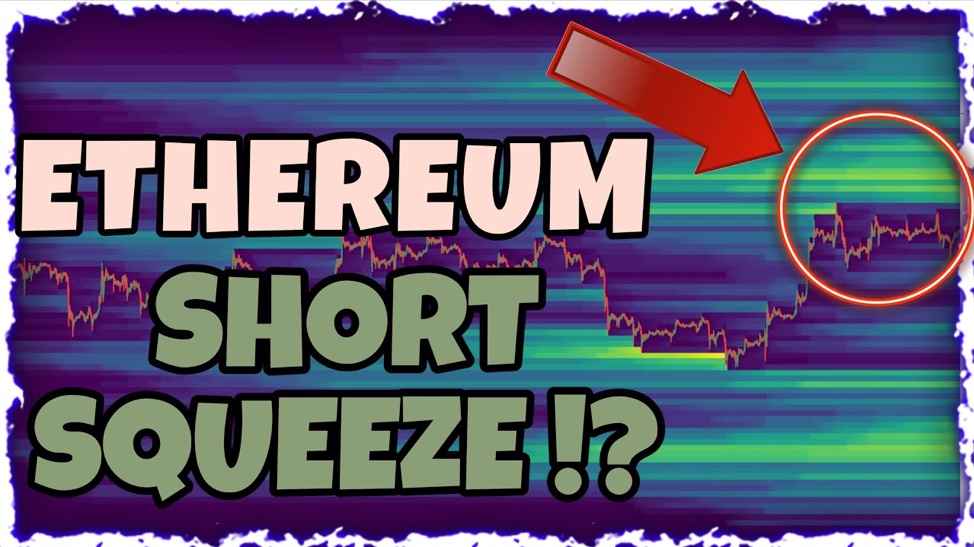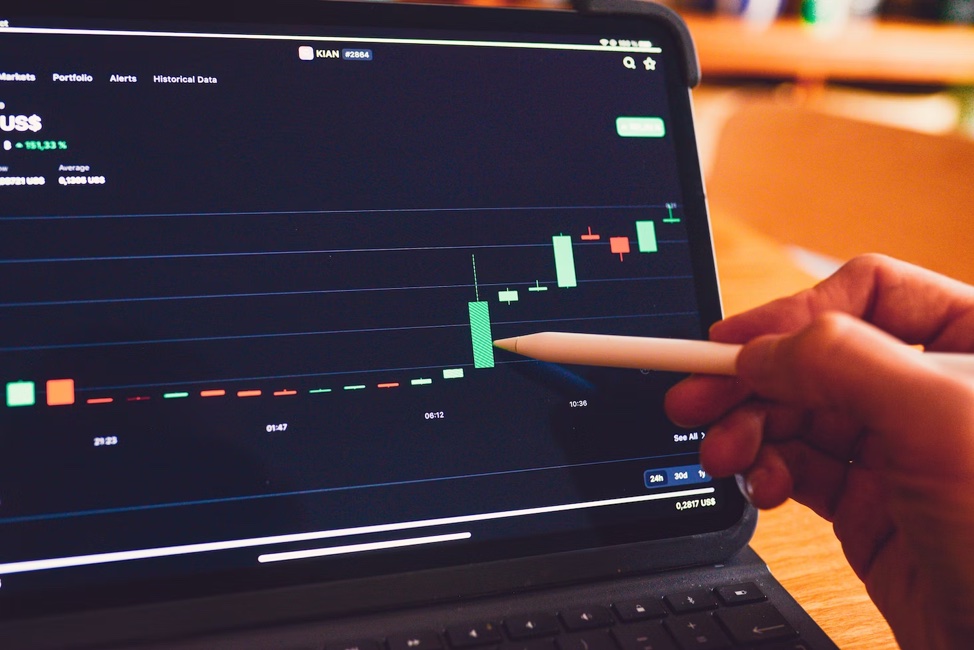After starting a bullish movement at the end of last week, Bitcoin gained traction over the weekend and hit the $46,000 mark, according to platform CoinMarketCap, its highest since May.

This heightened optimism in the market comes after a period of sharp fall in Bitcoin, against a backdrop of greater investor fear after China escalates its pursuit of miners and companies dealing with cryptoactives, combined with speeches by Tesla CEO, Elon Musk and the CEO of cryptocurrency trading company Coinbase, Brian Armstrong, comments from members of different governments around the world showing concern for the legislation, environmental impacts of mining digital currencies, among other more punctual news.
The miners are in full swing
Recently, the hash rate, which measures the computational energy used in bitcoin mining, rose again after collapsing between May and June, indicating that miners expelled from China have already started to relocate to other regions, such as southwestern Calgary – Canada , and this has helped to allay some investors’ fears.
Another positive point for the market as a whole was the update of the Ethereum network, called Ethereum Improvement Protocol 1559, EIP-1559, last week, with new features that reduce system rates and contribute to making the blockchain more efficient.
Earlier this week, the Ethereum was operating with a high, around 7.6%, quoted at $3,175.
Optimism in the market regarding the price of bitcoin
Recently, a report published by Bloomberg’s analytics team points to positive factors that could push Bitcoin to $100,000 soon, in a scenario mostly favored by more companies accepting cryptocurrency.
Mike McGlone, analyst behind the report, says Bitcoin and Ethereum have found strong support in recent months and are now in a bullish phase.
“Bitcoin appears to have built a base around $30,000 that’s like $4,000 at the start of 2019, and we see performance parallels that could get the crypto benchmark back on track toward $100,000,” says McGlone citing the sharp correction in prices just over two years, to then hit a streak of highs last year.

Bitcoin: Some words you might hear
Address: A Bitcoin address is similar to a physical address or an email address. It’s the only information you need to provide someone to pay with Bitcoin. One important difference, however, is that each address should only be used for a single transaction.
Bit: Bit is a common unit used to designate a subunit of a bitcoin – 1,000,000 bits equals 1 bitcoin (BTC). This unit is usually more convenient for pricing tips, goods and services.
Bitcoin or bitcoin: Bitcoin – with capital letters, is used to describe the concept of Bitcoin, or the entire network itself. For example, “I was learning about the Bitcoin protocol today.”
bitcoin – no capital letters, is used to describe bitcoin as a unit of account. For example, “I sent ten bitcoins today.”; it is also often abbreviated as BTC or XBT.
Block Chain: The block chain is a public record of Bitcoin transactions in chronological order. The blockchain is shared among all Bitcoin users. It is used to verify the permanence of Bitcoin transactions and avoid double spending.
Cryptography: Cryptography is the branch of mathematics that allows us to create mathematical proofs that provide high levels of security. Online commerce and banking already use encryption. In the case of Bitcoin, encryption is used to make it impossible for someone to spend funds from another user’s wallet or to corrupt the block chain. It can also be used to encrypt a wallet so it cannot be used without a password.
Hash rate: Hash rate is the unit of measurement of the processing power of the Bitcoin network. The Bitcoin network must do intensive math operations for security purposes. When the network reached a hash rate of 10 Th/s, that meant it could do 10 trillion calculations per second.
Mining: Bitcoin mining is the process of having computer hardware do mathematical calculations for the Bitcoin network to confirm transactions and increase security. As a reward for their services, Bitcoin miners can charge transaction fees for the transactions they confirm, along with newly created bitcoins. Mining is a specialized and competitive market where rewards are divided according to the amount of calculations done.
P2P: Peer-to-Peer refers to systems that function as an organized collective, allowing each individual to interact directly with others. In the case of Bitcoin, the network is built so that each user transmits the transactions of other users. And, crucially, no bank is required as a third party.
Wallet: A Bitcoin wallet is loosely the equivalent of a physical wallet on the Bitcoin network. The wallet actually contains your private key(s) which allow you to spend the bitcoins allocated to it in the block chain. Each Bitcoin wallet can show you the total balance of all bitcoins it controls and lets you pay a specific amount to a specific person, just like a real wallet. This is different to credit cards where you are charged by the merchant.





